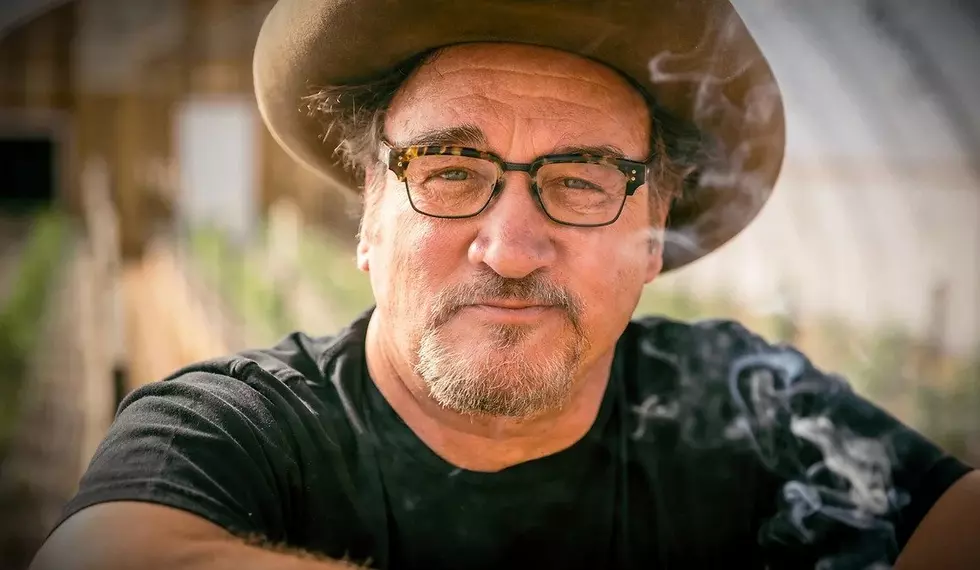
Michigan’s Cannabis Industry At Odds With Caregivers Over Access To Marijuana Market
Michiganders overwhelmingly approved medical marijuana back in 2008 by 63% of voters. It was called The Michigan Compassionate Care Initiative. We were the 13th state to legalize it and the first in the midwest. The program was originally set up for patients to declare a caregiver who would grow plants and provide products for the patient.
The caregiver could grow 12 plants per patient. The patient also had the option of not declaring a caregiver and growing or procuring their product elsewhere. No where in the laws and rules created for this industry were provisions for dispensaries.
But by 2016 there were over 100 unlicensed dispensaries in Michigan. Governor Rick Snyder finally did something so the dispensaries could operate while the state set up and started the licensing process along with local cities. The process moved very slowly for a couple years until Governor Whitmer ended the committee that created the rules and approved licensing for the dispensaries.
LARA now runs the department that licenses the shops and the system was established and moved quickly to approve and issue dispensary licenses. Dispensaries must be licensed by the state of Michigan and the community they operate in.
In 2019 Recreational marijuana was legalized for anyone 21 or older, now new licenses had to be issued for dispensaries that would also cater to the recreational businesses. Recreational pot is taxed at a higher rate than medical.
Caregivers have been providing patients with the medicine they require, and at times have been allowed to sell their extra product to dispensaries. Now that a handful of Big Cannabis companies have been created in Michigan there is disagreement between them and the caregivers.
Caregivers grow their own product, and dispense it to their patients, no testing or inventory tracking is required. However, the major pot producers must have all products tested by state approved labs, and the results are right on the package when you buy the product. This eliminates any chemicals or foreign material from being in your product, and you know exactly what you are buying.
Big cannabis companies are not happy that caregivers can sell directly to patients without participating in having the product tested. They are also required to track every single product from seed to sale, caregivers are not required to do this. So it’s understandable their concern, as one has advantages over the other when it comes to the cost of doing business.
Caregivers have been taking care of medical marijuana patients since the beginning of legalization here in Michigan. I would hate to see them pushed out of the business, and hope a compromise can be made. However the Big Canna companies have big money, and they are lobbying legislators in our state government to push caregivers out. Only time will tell how this scenario plays out.
One other thing to keep in mind, most of the cannabis sold in Michigan is obtained illegally.
About $3.2 billion in cannabis was sold in Michigan in 2020, according to a new report done by the Anderson Economic Group for the Michigan Cannabis Manufacturer’s Association, an industry trade group. That leaves 70 percent of buyers still turning to illegal or “off the books” transactions, according to the report that offered a first glimpse into the state’s cannabis market 18 months after recreational marijuana has been available to purchase in the state.

That really surprised me, even though it shouldn’t. Street sales so to speak is the way the product has been procured forever. One would think being able to go into a business and make your purchase legally would be attractive, apparently not. Old habits are hard to break, and it’s probably cheaper than a dispensary.
UP NEXT: 25 Best Burger Joints in Michigan
MORE TO EXPLORE: Michigan Restaurants Featured On The Food Network
LOOK: Here are the 25 best places to live in Michigan
More From 94.9 WMMQ









